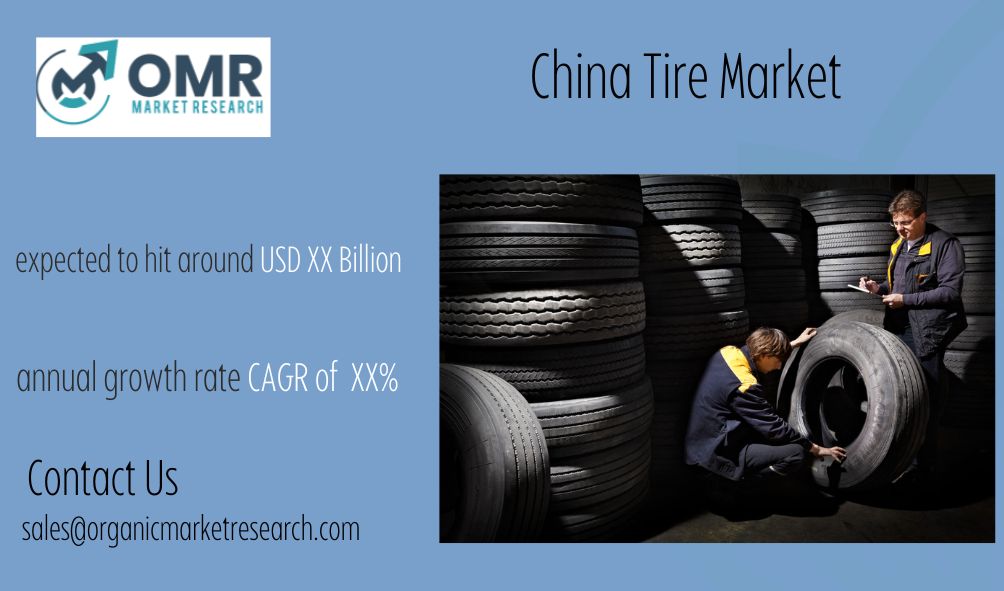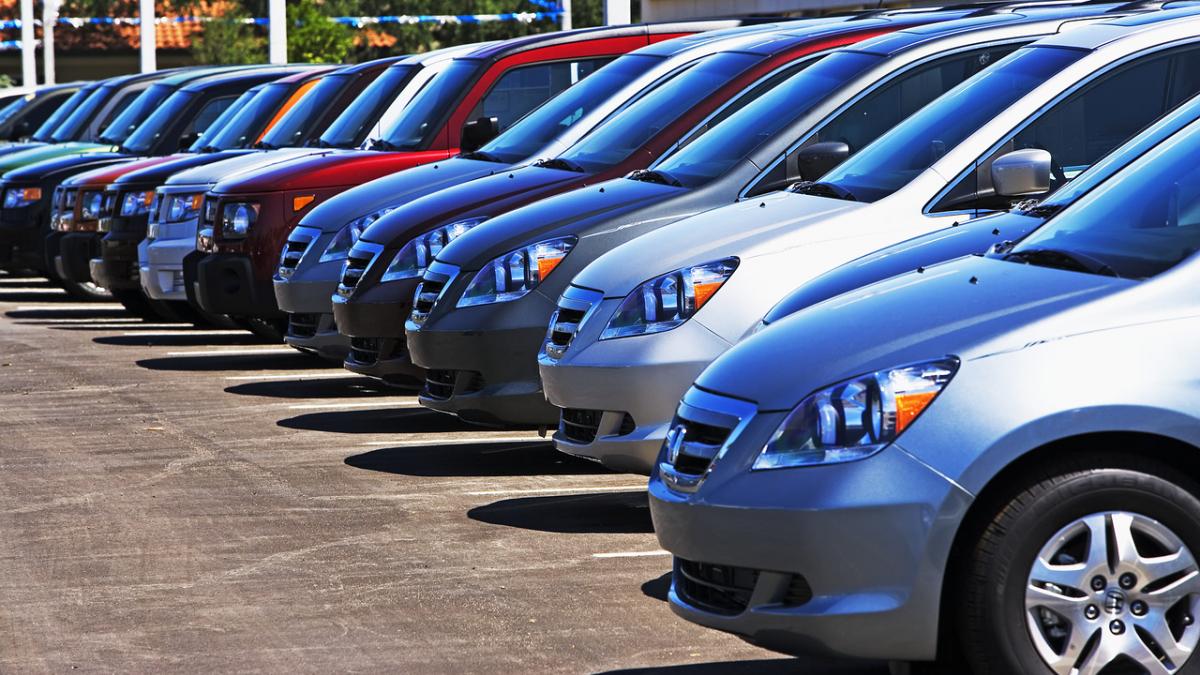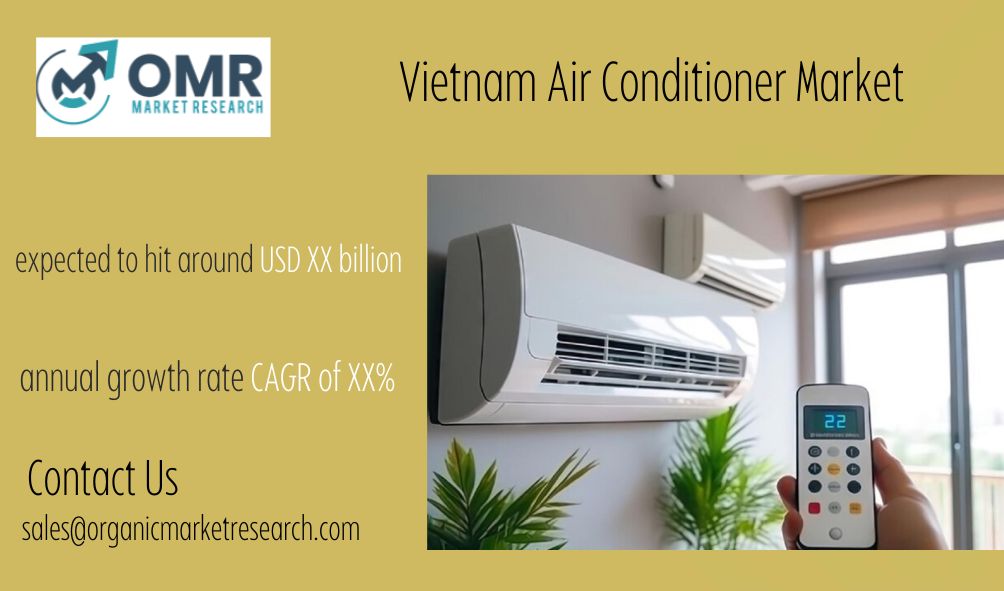The Philippines E-commerce Logistics Market size was estimated at USD XX billion in 2020 and is expected to hit around USD XX billion by 2030, poised to grow at a compound annual growth rate (CAGR) of XX% from 2022 to 2030.
The process of managing the flow of goods, services, and information involved in online shopping transactions is referred to as e-commerce logistics. It includes everything from inventory storage and management to packaging, shipping, and delivering products to customers.
E-commerce logistics is an important part of the e-commerce ecosystem because it ensures that customers receive their orders correctly and on time. Coordination with multiple parties, such as manufacturers, suppliers, warehouses, and transportation providers, is required to ensure that products are delivered efficiently and cost-effectively.
E-commerce logistics also entails the use of technology to manage various stages of the supply chain, such as order processing, inventory management, and shipment tracking. This assists e-commerce businesses in streamlining their operations and increasing overall efficiency, while also giving customers greater visibility into the status of their orders.
The Philippines’ e-commerce logistics market has grown significantly in recent years, owing to the country’s increasing adoption of online shopping. Here are some key trends and drivers in the Philippine e-commerce logistics market:
In recent years, the Philippines has seen a rapid increase in e-commerce adoption, with an increasing number of consumers turning to online shopping for their daily needs. As businesses seek to meet the growing needs of their online customers, there has been a corresponding increase in demand for e-commerce logistics services.
The Philippine government has been supportive of the e-commerce industry, enacting policies and programmes to encourage its expansion. This includes initiatives to improve logistics infrastructure, such as the Build, Build, Build programme, which aims to enhance the country’s transport and logistics capabilities.
As more consumers can afford to buy goods and services online, the Philippines’ growing middle class is a key driver of the e-commerce logistics market. As businesses seek to cater to this growing customer segment, demand for e-commerce logistics services has increased.
The growing popularity of mobile devices in the Philippines has made it easier for consumers to shop online, increasing demand for mobile-friendly e-commerce platforms and logistics services that can facilitate mobile commerce.
Technology advancements have made it easier and less expensive for businesses to manage their e-commerce logistics operations. Automation, artificial intelligence, and machine learning are being used to improve inventory management, order processing, and shipment tracking.
Overall, the Philippines’ e-commerce logistics market is poised for continued growth, driven by rising online shopping adoption and government support for the industry. As a result, businesses in the logistics sector should expect increased demand for their services in the coming years
Market Segmentation:
Market Breakup: By Channel
- 3PL Players
- E-Commerce Shipments
Market Breakup: By Type of Shipments
- Domestic Shipments
- International Shipments
Market Breakup: By Mode
- Air Shipments
- Ground Shipments
Market Breakup: By Area of Delivery
- Intercity
- Intracity
Market Breakup: By Delivery Period
- Same Day Delivery
- 1-2 Day Delivery
- 3-4 Day Delivery
- More than 4 Day Delivery
Market Breakup: By Type of Products
- Consumer Electronics & Media
- Fashion & Accessories
- Foods & Personal Care
- Home Care & Furniture
- Toys & Baby Products
- Others
Market Breakup : By Payment Mode
- Cash on Delivery
- Credit Cards
- Others
Regional Analysis
The Philippines’ e-commerce logistics market is expanding rapidly as a result of the rising popularity of online shopping, particularly in the aftermath of the COVID-19 pandemic. Here is a regional breakdown of the Philippines’ e-commerce logistics market:
Philippines E-commerce Logistics Market
Metro Manila is the Philippines’ largest and most developed region, accounting for a sizable portion of the e-commerce logistics market. The region is home to the majority of the country’s largest e-commerce platforms, such as Lazada, Shopee, and Zalora. As a result, there is a high demand for e-commerce logistics services in this region.
Because of its strategic location and well-developed infrastructure, Central Luzon is another important region for e-commerce logistics. Several logistics hubs are located in the region, including the Clark Freeport Zone and the Subic Bay Freeport Zone, which are both near major seaports and airports. As a result, many e-commerce logistics companies have set up shop in this region.
Calabarzon is a fast-growing region in the Philippines, with a thriving e-commerce market. Several large cities in the region, including Cavite, Laguna, Batangas, Rizal, and Quezon, have a high demand for e-commerce logistics services.
The Visayas region, which consists of islands in central Philippines, is a developing market for e-commerce logistics. There are several urban centres in the region, including Cebu City and Iloilo City, which have a growing e-commerce market.
Mindanao, the Philippines’ second-largest island, is also a developing market for e-commerce logistics. Davao City and Cagayan de Oro City are two urban centres in the region with a growing e-commerce market.
Overall, the e-commerce logistics market in the Philippines is expanding rapidly, owing to the growing popularity of online shopping. While Metro Manila continues to be the largest market, other regions such as Central Luzon, Calabarzon, Visayas, and Mindanao are also growing rapidly.
Market Breakup By Region
- Metro Manila
- Central Luzon
- CalaBarzon
- Visayas
- Mindanao
Competitive Landscape
The Philippines E-commerce Logistics Market competitive landscape provides details by competitor. Details included are company outline, company financials, revenue generated, market potential, investment in research and development, new market initiatives, worldwide occurrence, production sites and facilities, production capacities, company strengths and weaknesses, product launch, product width and breadth, application dominance. The overhead data points providing are only related to the businesses’ focus related to Philippines E-commerce Logistics marketplace.
Major players operating in Philippines E-commerce Logistics Market are:
- LEL Express
- J&T Express
- Ninja Van
- LalaMove
- Entrego
- GoGo Xpress
- LBC Express
- Shopee Express
- 2GO Xpress
- Air21
In case you don’t find what, you are looking for, please get in touch with our custom research team at
Latest Report
Contact Us
+91 9319642100
sales@organicmarketresearch.com
Noida One Tower Sec 62 Noida 201301
Website: https://organicmarketresearch.com













